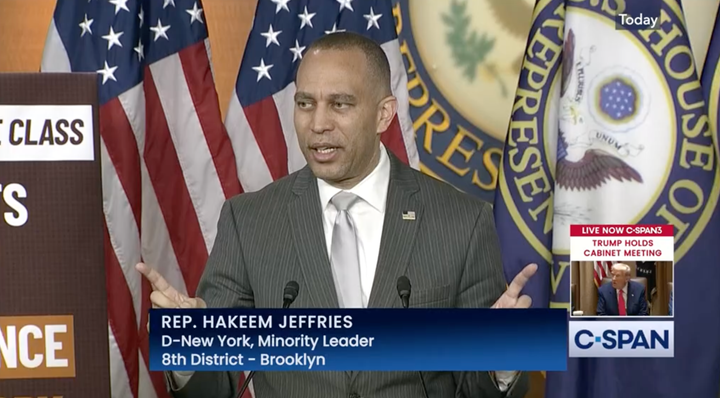Perhaps no congressional topic has received more public interest over the past couple years than the stock trading habits of U.S. senators and representatives, yet many lawmakers continue to make trades without abiding by even the basic disclosure rules that are on the books.
So far this month, at least nine members of Congress have reported that they failed to disclose stock or bond transactions within the 45-day reporting period that is required by a federal ethics law called the STOCK Act. Combined, the nine lawmakers revealed that they failed to disclose more than 125 transactions within the required time, with a transacted value of as much $2.6 million. Many of the trades were made more than a year ago, and one was made nearly five years ago.
One of the members who recently reported multiple apparent violations of the STOCK Act by failing to report stock trades in a timely manner is a member of the House Ethics Committee, which is supposed to oversee and enforce the House’s periodic transaction reporting requirements. A 2022 analysis by the Campaign Legal Center found that the House Ethics Committee only publicly investigated eight of 60 potential STOCK Act violations since 2020, and effectively dismissed all of the cases.
The federal lawmakers who Sludge found have revealed violating the STOCK Act so far this month are senators John Fetterman (D-Pa.) and Bill Hagerty (R-Tenn.), plus representatives Greg Landsman (D-Ohio), Jared Moskowitz (D-Fla.), David Joyce (R-Ohio), Stephanie Bice (R-Okla.), Sean Casten (D-Ill.), Thomas Kean Jr. (R-N.J.), and Ruben Gallego (D-Ariz.).
The penalty for violating the disclosure law is a $200 late fee for first-time offenders, but members can apply for a waiver by appealing to the House and Senate ethics committees. After the first offense, the fee schedule increases to $200 for each month in which a transaction is reported late, and after five violations, $200 for every transaction that is late to be reported.
Under the STOCK Act, passed in 2012, members of Congress are required to disclose purchases, sales, and exchanges of stocks, bonds, commodities, futures, or other securities over $1,000 made by themselves, their spouses, or the dependent children within 30 days of being notified of the transaction, or no later than 45 days after the transaction was executed. Members are not required to file reports for transactions in widely held investment funds, such as mutual funds.
The law is meant to empower watchdogs and law enforcement to address possible instances of insider trading, and to increase transparency around legislators’ potential conflicts of interest.
On August 8, Greg Landsman disclosed 86 financial transactions from more than 45 days ago, each one a violation of the STOCK Act. The transactions were mostly sales and purchases of individual corporate stocks that were made jointly by him and his spouse or by his spouse only. The trades he reported go back to January of 2023, and they include transactions in shares in companies including Nvidia, BlackRock, CrowdStrike, Amazon, Microsoft, and Diamond Energy. Landsman is the ranking member of the Small Business Subcommittee on Economic Growth, Tax, and Capital Access.
"As soon as Greg learned of the transactions, he immediately reported them," said Alexa Helwig, the communications director for Rep. Landsman's office.
Fetterman last week disclosed 30 corporate bond transactions and one stock sale that were made last year for his child. The sale was in shares of Marathon Petroleum worth up to $15,000, and the corporate bond transactions involve companies including Cheniere Energy, Kinder Morgan, JP Morgan Chase, and Leidos.
“Senator Fetterman filed an amendment to his financial disclosures that included investments for his children that were created by generous grandparents who were unaware of the reporting requirements,” a spokesperson said. “Once Senator Fetterman was made aware of the investments, he immediately filed the appropriate disclosures.”



